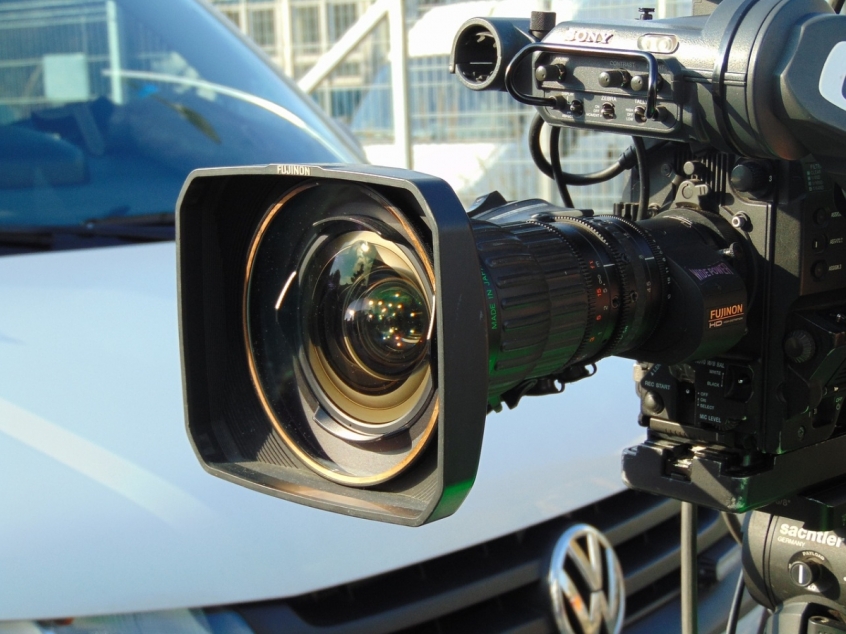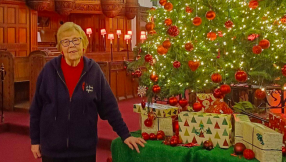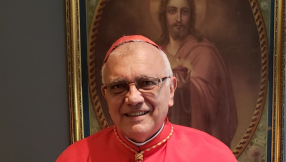One of the most doughty campaigners for religious broadcasting has made a significant admission about the culture at the BBC out of which it's expected to emerge. It's liberal and secular, says senior broadcasting figure Roger Bolton, and editors and journalists need educating about how religion works.
Perhaps the changes announced today will help.

However, there's perhaps a more subtle point to make. This process of education has to involve more than media types learning the names of a few of the 36 million Hindu gods, what the five pillars of Islam are and that it's Maundy Thursday not Maunday. Anyone can crib that from Wikipedia. But what often seems to be lacking in how religion is spoken about in the secular media is any sense of how it's actually experienced in the lives of believers. If you aren't one, you don't get that unless you've lived alongside and listened respectfully to those whose worldview is entirely different from your own.
When that happens, a much more nuanced and textured view of faith emerges. You discover, for instance, that a faithful Christian might not have much knowledge of the Christian doctrines you have informed yourself about, or care very much. An evangelical – that's right, the swivel-eyed fundamentalist who would have voted for Trump if he'd been an American – might well read the Guardian and help out at a food bank. Most Christians – and Hindus, and Muslims – are just normal people, getting through the day, dealing with family and financial worries like everyone else, and feeling no need whatsoever to shove their faith down anyone's throat.
This isn't because faith isn't important. It matters profoundly, but it's intertwined with the rest of life so intricately and delicately that it is inseparable from it. That's why so many religious people find it hard to talk about their faith, particularly when they feel what they say is going to be scoffed at. It isn't that it means so little to them, but that it means so much.
It's this sort of understanding that would prevent journalists asking unanswerable questions of religious people – unanswerable because incomprehensible. For instance, of a Christian who's experienced a personal tragedy: 'Did you find your faith helped you?' Like what, an overcoat on a cold day? It's a meaningless question, but I've heard it, or variations of it, very often. Or there are the assumptions that because someone professes a faith they will hold particular views on ethical questions like abortion or euthanasia. They may, but if they are genuinely people of faith they will be secure enough in that faith to reach their own conclusions, thank you very much.
And it's necessary, too, to understand how religious people are often squeezed by authority figures from their own traditions. There are plenty of conservative Christians who are sure of what a Christian worldview is and anxious to inculcate it in their congregations. Many want to see doctrine rigorously defined and imposed, to make – as they see it – Christians battle-fit for the culture war. And the same impulse is at work in other faiths too; Islam we all know about, but in Hinduism too there's the rise of the religious right, seeking to tighten up the homely and domesticated version of that faith practised by most Indian Hindus. The risk then for outsider journalists is that these are the voices they listen to. But for most people, it just isn't like that.
What's needed if religion is to be accurately represented, not just on the BBC but elsewhere too, is a recovery of a sense of its normality.
And Christians should welcome this. Yes, we want to stress our difference from 'the world'. But that fundamental otherness is expressed in the context of relationships with the people, institutions and culture that are just – normal. When we witness to Christ and call to conversion, we don't ask people to withdraw from the world; we ask them to be in it in a richer and deeper way.
That doesn't lend itself to soundbites – and that's why the BBC and others need to learn about real faith and start talking to people.
Follow Mark Woods on Twitter: @RevMarkWoods













